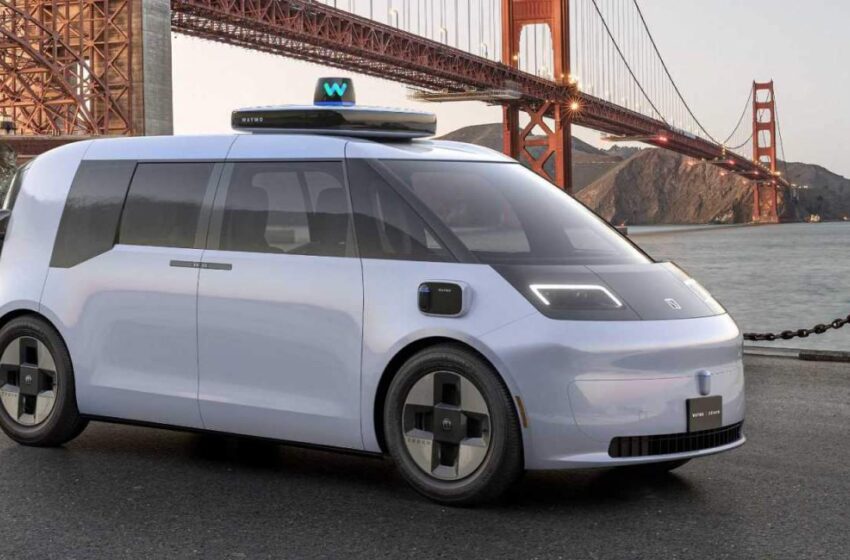
Waymo and Zeekr team up to build a fleet of sleek autonomous EV taxis
Chinese company Geely Holding Group has announced that its Zeekr brand has teamed with Waymo to develop a self-driving EV taxi intended for use in the US. Once the development and manufacturing process is complete, the upcoming autonomous electric vehicle will be delivered to Waymo, which will integrated the new vehicles with its existing Waymo Driver platform.
Fleets of self-driving electric vehicles will revolutionize public transportation around the world, one day enabling just about anyone to order an on-demand zero-emissions taxi and have it show up at their door entirely on its own. Waymo is one of the companies that has spent years developing autonomous driving technologies, which it presents together as the Waymo Driver vehicle platform.
Waymo Driver will be equipped on the upcoming Zeekr EV, according to Geely, which says the “pure electric vehicle” will be developed at the China Europe Vehicle Technology Centre (CEVT) in Sweden. Though many details are still absent at this time, Geely notes the upcoming model will be built upon a “proprietary and open-source mobility architecture.”
A number of images were released as part of the announcement showing a design similar to that of a minivan, though with many unique elements made possible, in part, by the lack of a big gasoline engine under the hood. The design prioritizes riders, Geely notes, and includes a “fully configurable” cabin to meet different needs, including accommodating driver controls for markets that require them.
Though we know Waymo will receive the EV units in the US for use with its autonomous driving platform, the companies haven’t revealed any sort of timeframe regarding design, development, and delivery. It’s unclear how many units Waymo will receive and how long it may be before riders in the US have the opportunity to experience the EVs themselves.
Zeekr is a neophyte in the EV market; it was founded earlier this year with a focus on designing and engineering electric vehicles in Sweden. The first model from Zeekr, which is simply called the 001, was introduced in April with deliveries kicking off back in October.
Despite rapid progress in the autonomous and EV markets, it’ll still likely be a while before the average person can hail a self-driving car for their next trip to the grocery store. In October, Lucid CEO Peter Rawlinson said at the Reuters Events Automotive Summit that autonomous taxis are probably still a decade away.
In addition to developing sophisticated software to address challenging real-world scenarios, these automakers must also convince regulatory bodies — and the general public — that their products are as safe as (or safer than) vehicles operated by humans.







![[pii_pn_db8b3567be830b8c] Error Code](https://esolutionhow.com/wp-content/uploads/2023/04/Pii-Errors-pii_email_-4-350x230.png)
![[pii_pn_bb456fe8f133f213] Error Code](https://esolutionhow.com/wp-content/uploads/2022/12/Outlook-Error-Code-pii_email_1a85c09ee7a236c446b6-How-To-Fix-it-350x230.jpg)
![[pii_pn_8a68e8c174733080624b] Fix Outlook Error Code](https://esolutionhow.com/wp-content/uploads/2023/04/Pii-Errors-pii_email_-7-350x230.png)